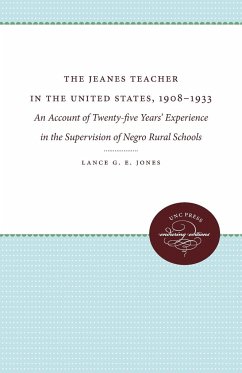In the post-Soviet period, the Caucasus region has been a source of chronic instability and conflict: Unresolved "frozen conflicts" in Abkhazia, Southern Ossetia, and Nagorno Karabakh; continuing armed resistance in secessionist Chechnya and associated Islamic radicalism; the "Rose Revolution" in Georgia and Tbilisi's subsequent efforts to realign with the West; competition for access to the oil and natural gas reserves of the Caspian basin-these kinds of factors and more have ensured that the region would become and remain a source of significant international engagement and concern. Professor R. Craig Nation's monograph highlights the kind of conflicting interests that have made Russian-American relations in the region highly competitive. But he also addresses areas of shared priorities and mutual advantage that provide a potential foundation for more benign engagement that can work to contain conflict and head off further regional disintegration.

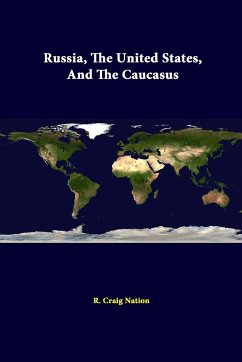

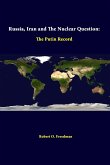
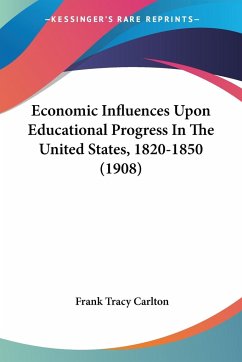
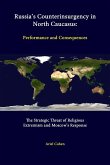
![Medical Colleges and Schools in the United States, Graded A Plus, A, B [microform]: Tabulated Statement of Courses Medical Colleges and Schools in the United States, Graded A Plus, A, B [microform]: Tabulated Statement of Courses](https://bilder.buecher.de/produkte/65/65599/65599343m.jpg)
